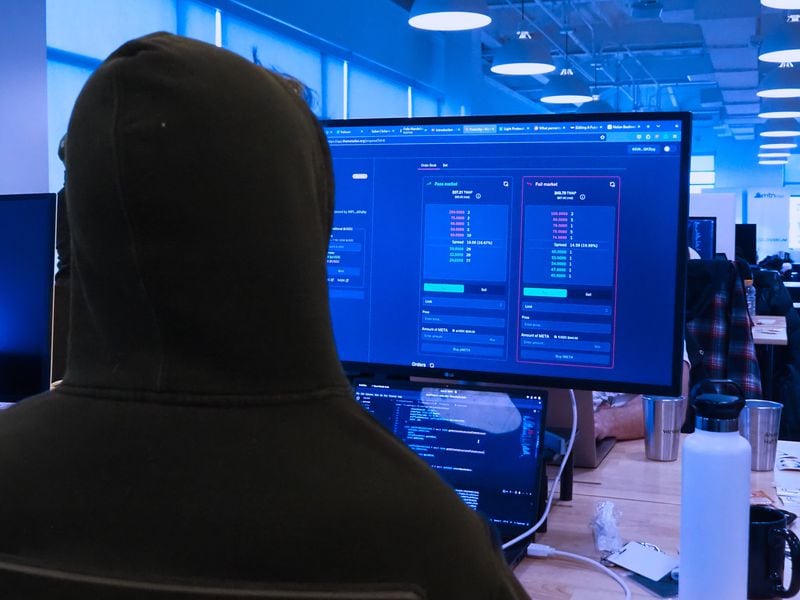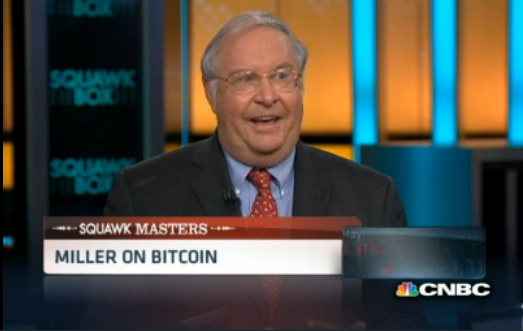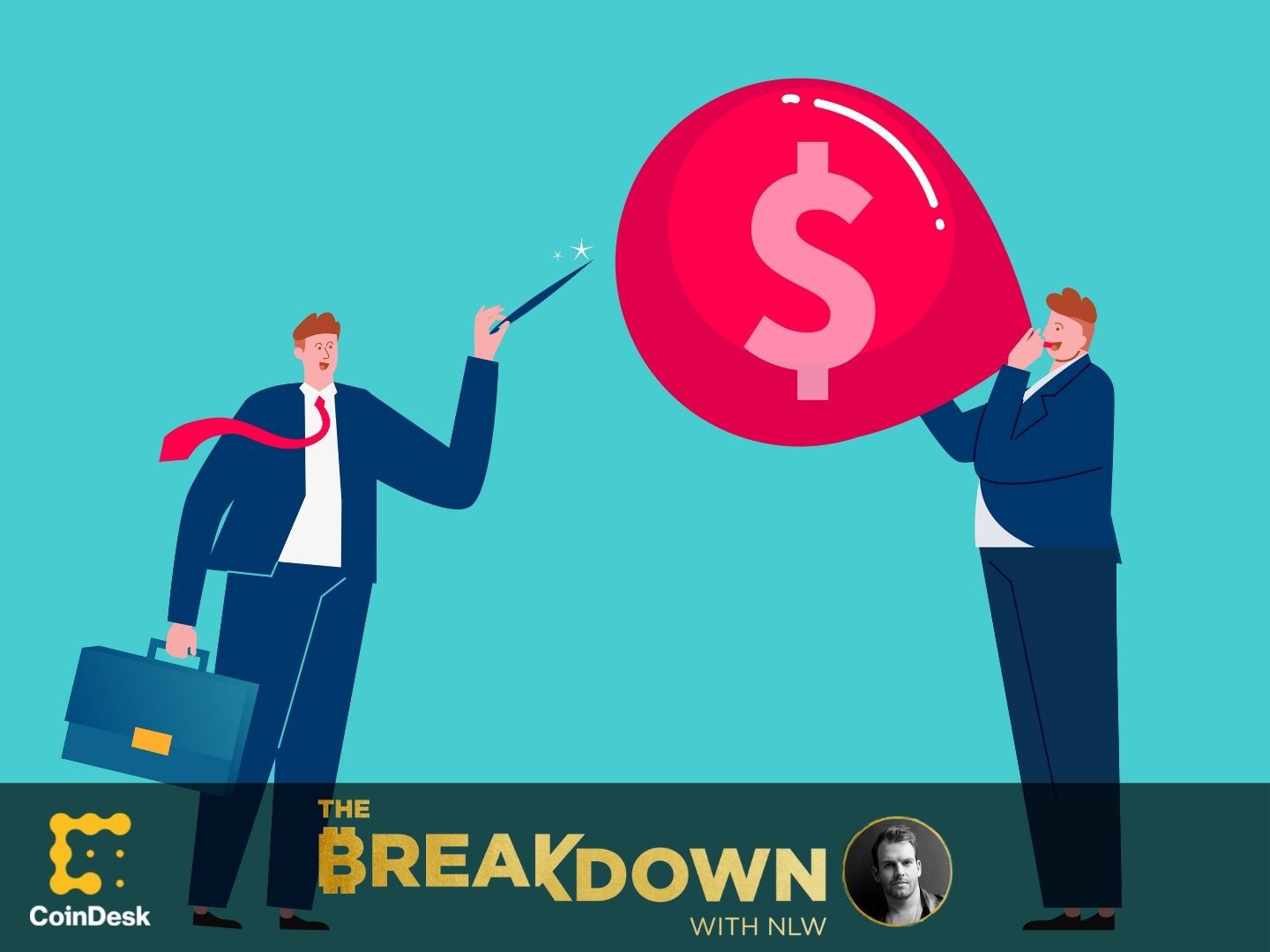First Mover: Compound’s COMP Token More Than Doubles in Price Amid DeFi Mania
(BEST-BACKGROUNDS/Shutterstock)
First Mover: Compound’s COMP Token More Than Doubles in Price Amid DeFi Mania
The speculative fervor surrounding the autonomous lender Compound’s new digital token rose another notch Thursday as its already relatively lofty price more than doubled in 24 hours.
The rapid ascent of the COMP “governance” token comes as something a surprise given it was released just Monday and is still only trading on a handful of lesser cryptocurrency exchanges.
You’re reading First Mover, CoinDesk’s daily markets newsletter. Assembled by the CoinDesk Markets Team, First Mover starts your day with the most up-to-date sentiment around crypto markets, which of course never close, putting in context every wild swing in bitcoin and more. We follow the money so you don’t have to. You can subscribe here.
The token is so new that not even cryptocurrency data sites are using consistent methodologies for deriving COMP’s market value. The website DeFi Market Cap bases the calculation on the 10 million tokens in existence, for a market value of about $2 billion. But CoinGecko bases its figure on a circulating supply of 2.56 million tokens, for a market value of $537 million.
COMP may have gotten an extra jolt Thursday, when the big U.S. exchange Coinbase, which was an early investor in Compound, announced in a blog post that Coinbase Pro accounts could start trading the tokens next week in all supported jurisdictions except New York State.
CoinDesk’s Brady Dale reported CoinFlip, which runs a bitcoin ATM network in the U.S., would list the dollar-linked stablecoin USDC on its machines, partly due to COMP-related demand.
The crypto exchange FTX also now plans to list COMP along with a suite of derivatives that will allow traders to make leveraged bets on the token’s price, Dale reported.
The apparent runaway success of the token offers a glimpse into just how frenzied the speculation has become over the future of decentralized finance, or DeFi – blockchain-enabled systems, mostly using the Ethereum network, that allow for the lending and trading of cryptocurrencies and other digital assets, without the need for trusted intermediaries like banks and centralized exchanges.
“DeFi is hitting its stride and the space will continue to accelerate,” the research firm Delphi Digital wrote Wednesday in a report.
Mythos Capital Founder Ryan Sean Adams put it more bluntly on Twitter Thursday, posting an image of the reconfigured DeFi market-cap rankings beneath a succinct remark: “DeFi’s drunk.”

As of Friday, COMP tokens were changing hands at about $230, for a gain of more than 270% in 24 hours, according to market data site CoinGecko.
The COMP digital coins are known as “governance tokens” because they give holders a right to vote on decisions affecting the management of the protocol, such as technical upgrades or whether to incorporate new assets onto the platform. Eventually, according to cryptocurrency research firm Messari, holders might also be able to get a share of fees paid into the system or vote to buy back tokens – similar to stock buybacks.
The 10 million COMP tokens in existence include stakes held by Compund executives and early investors such as Coinbase and the venture capital fund Andreesen Horowitz. COMP’s splashy arrival on the DeFi scene means it’s now already vying for top slot with Maker’s MKR, the next-biggest token in the ecosystem of decentralized finance, or DeFi. Messari puts MKR’s market cap at $515 million.
COMP’s rally appears to be based on bets on a future shakeup of the competitive landscape, since the Compound protocol still ranks behind Maker in terms of total value locked in DeFi. As of Thursday, some $323 million of value was locked in the Compound protocol, compared with Maker’s $494 million.
“For basically all of DeFi, Maker has been the king of DeFi, and it has had the canonical tokens,” FTX CEO Sam Bankman-Fried told CoinDesk in a phone interview. “One thing the markets are implying right now is that Compound is making a serious run for that crown.”

According to Dale, traders are depositing tokens onto the Compound platform, usually USDC stablecoins, and then borrowing other tokens, such as tether, another dollar-linked stablecoin – to maximize their usage; COMP tokens are awarded daily to users of the system, as an incentive. Traders can then turn around and swap the borrowed tether back into USDC to put into Compound and maximize their COMP earnings.
Even some involved in COMP governance have expressed concerns that the tether market is being manipulated by COMP token harvesters.
“I wouldn’t read too much into the current price,” Haseeb Qureshi, managing partner of Dragonfly Capital, told Dale in an email.
Even before Compund’s release, SesameOpen Co-Founder Henry He had warned that the COMP tokens might get caught up in a speculative cycle.
“One thing for sure is that the COMP market value will grow way higher than its intrinsic value, and at some point, the COMP market value will start to go down,” He wrote in a June 6 Medium post. “Then it will trigger a negative amplifying force. Lower COMP value will reduce incentives, which will cause borrowers and suppliers to leave, which will generate less interests, which will further drive down COMP value.”
As crypto traders know all too well, the amplifying forces can work both ways.
Tweet of the day
Bitcoin watch
BTC: Price: $9,410 (BPI) | 24-Hr High: $9,460 | 24-Hr Low: $9,236

Trend: Bitcoin’s multi-week period of low-volatility consolidation continues amid conflicting signals from the options market.
The one-month put-call skew, which measures the price of puts relative to that of calls, has increased to 9.2%, the highest level since May 27, according to data provided by the crypto derivatives research firm Skew. The positive number indicates that puts (bearish bets) are costlier or drawing higher demand than calls (bullish bets).
Meanwhile, three-month and six-month skews are hovering below zero, a sign calls are more expensive than puts.
The mixed data suggests investors are cautious about bitcoin in short-term, but hold a long-term bullish view, as tweeted by Skew. To put it another way, the options market expects price pullbacks, if any, to be short-lived.
Bitcoin is trading near $9,410 at press time, representing a slight decline on the day. The cryptocurrency, however, has been stuck in a range between $9,000 and $10,000 roughly since the beginning of May.
A high-volume range breakdown could be followed by quick slide to the 200-day simple moving average (SMA) at $8,239. Meanwhile, a break above the range would shift the focus to $10,950 (September 2019 high).
A breakout looks the more likely if we take into account bullish developments on the three-day chart.

Disclosure
The leader in blockchain news, CoinDesk is a media outlet that strives for the highest journalistic standards and abides by a strict set of editorial policies. CoinDesk is an independent operating subsidiary of Digital Currency Group, which invests in cryptocurrencies and blockchain startups.









